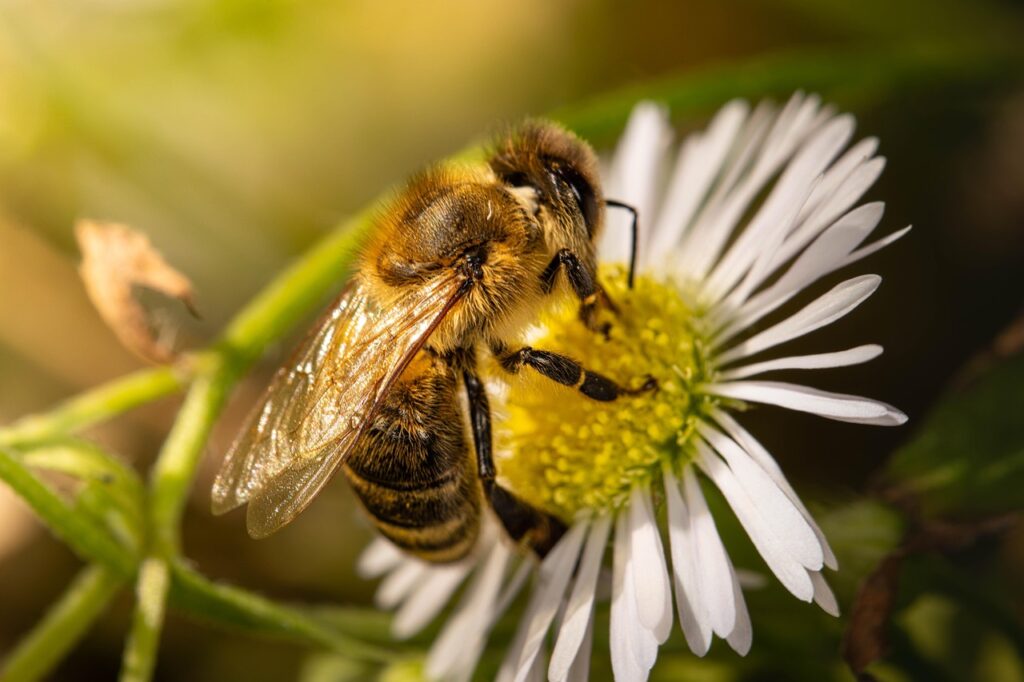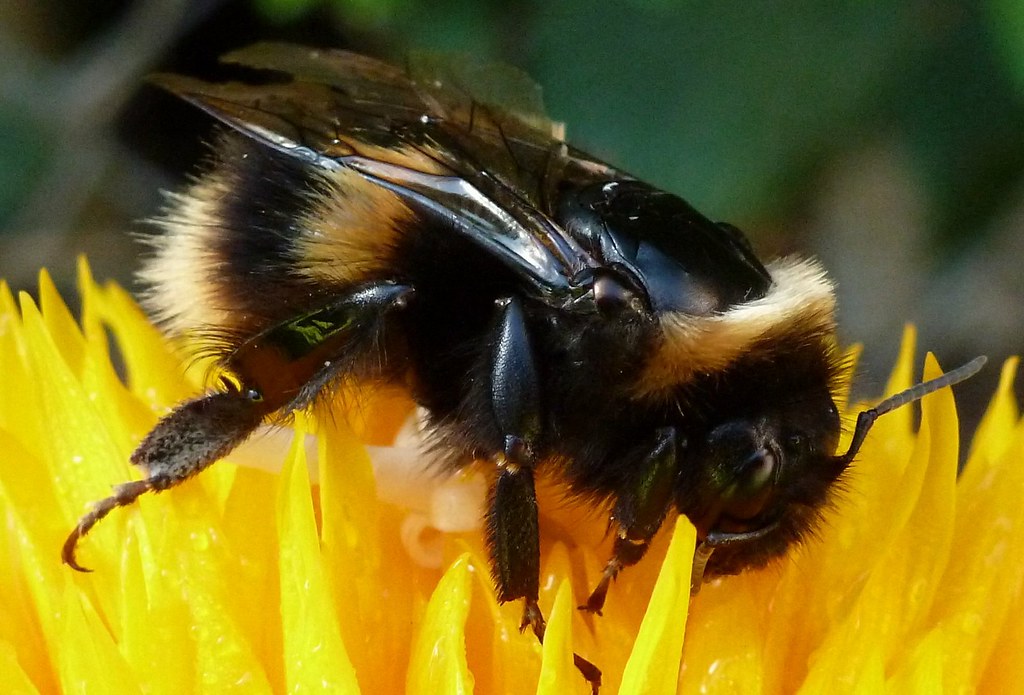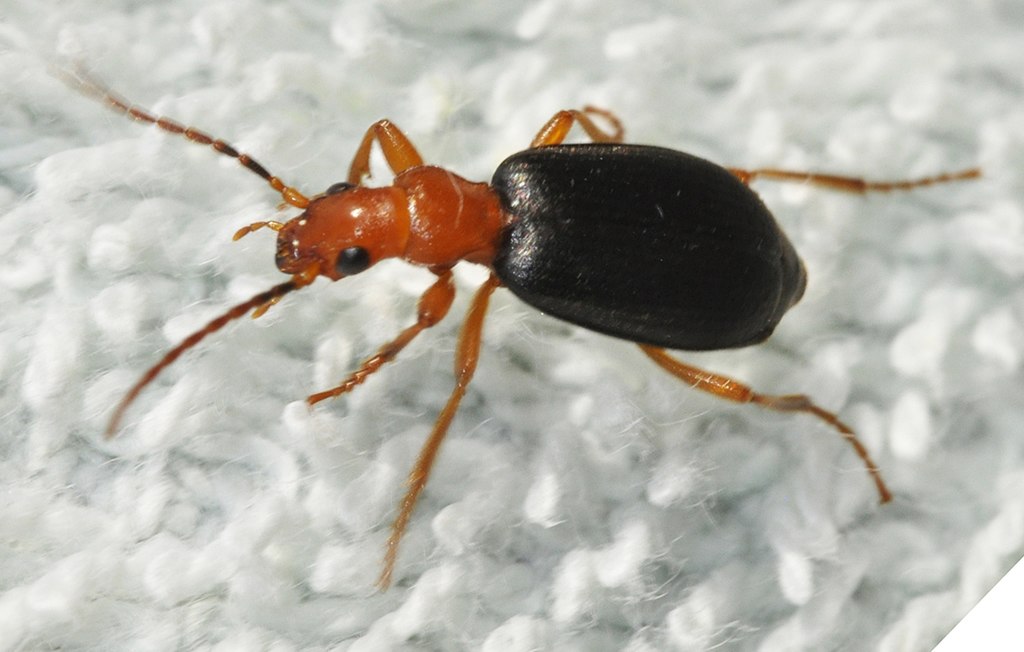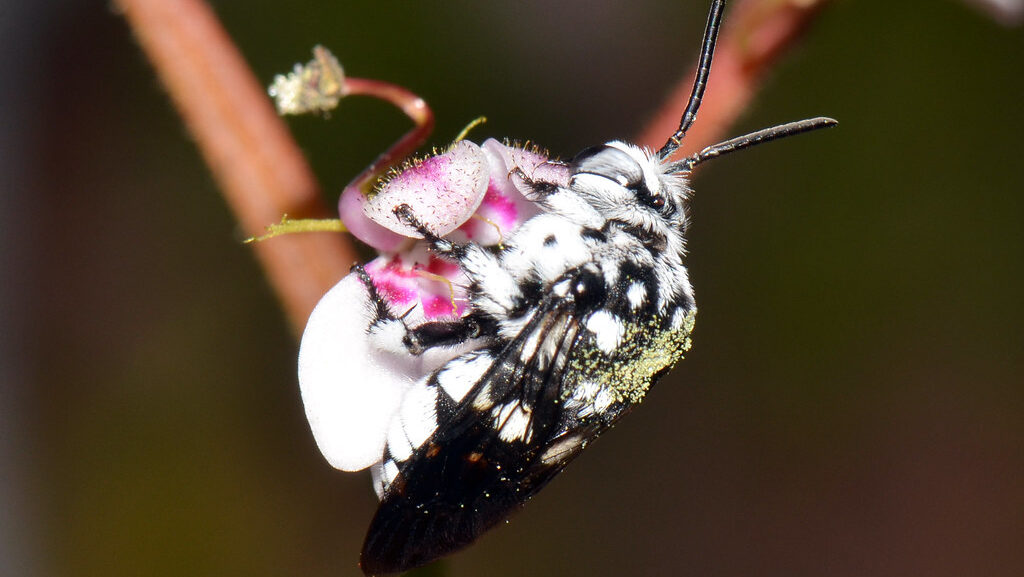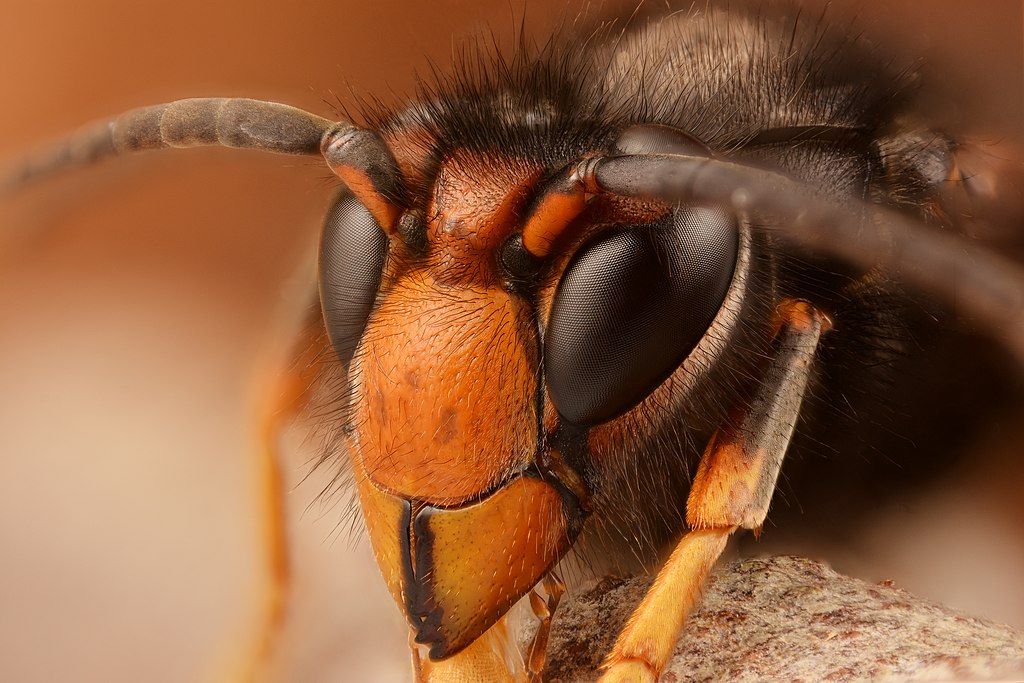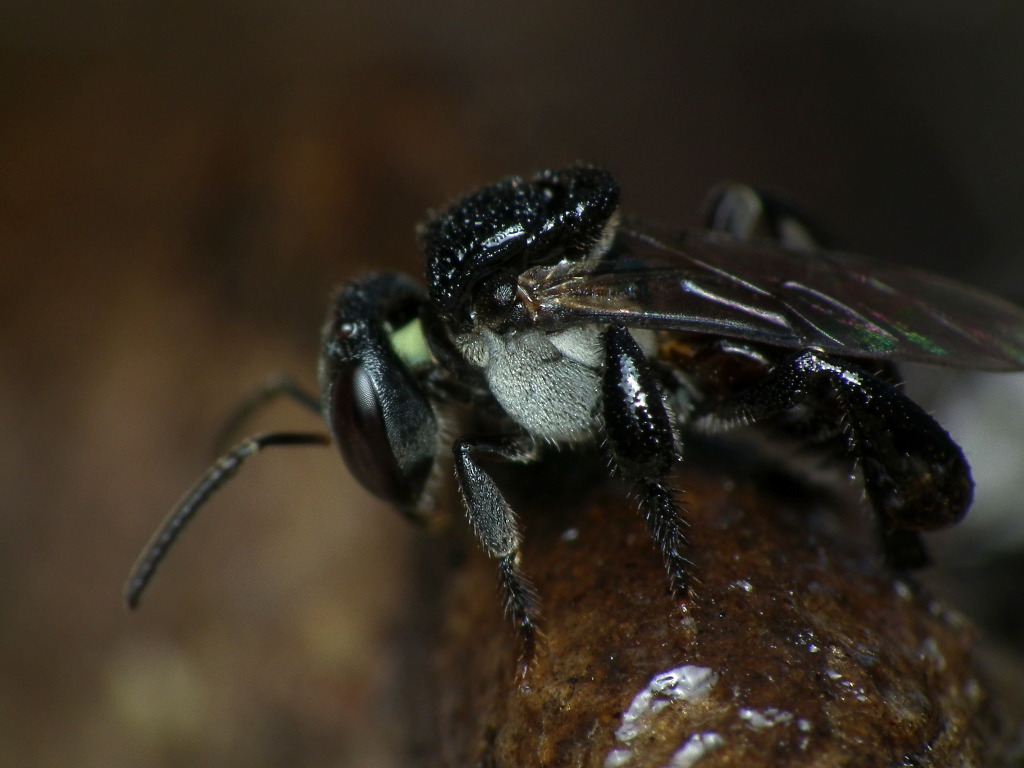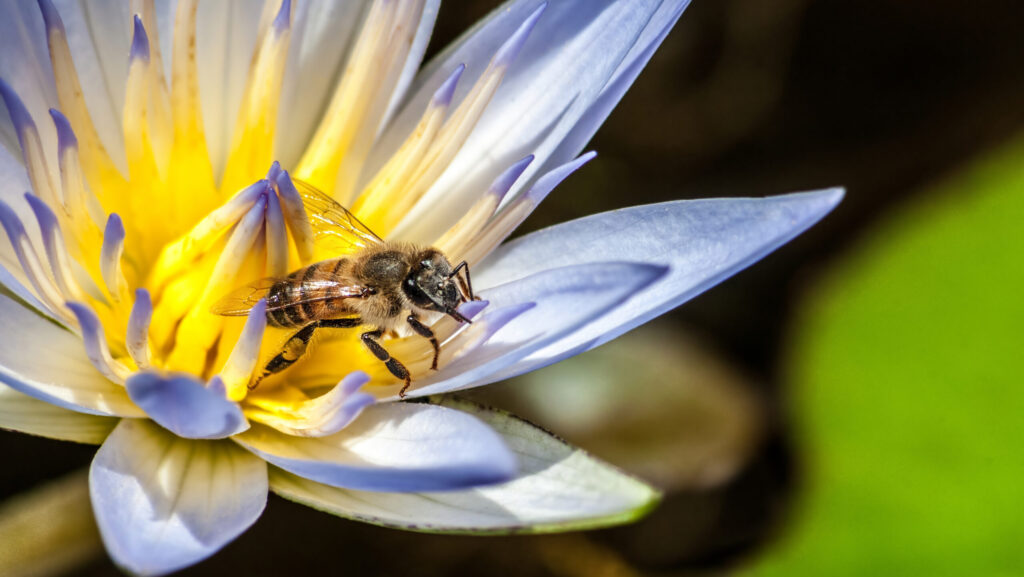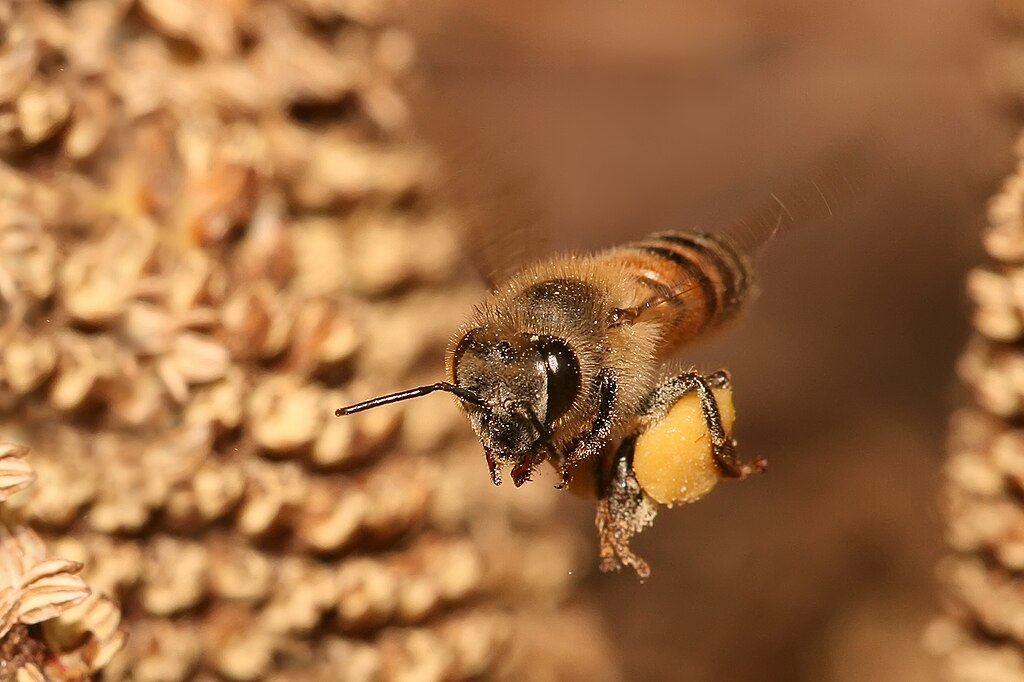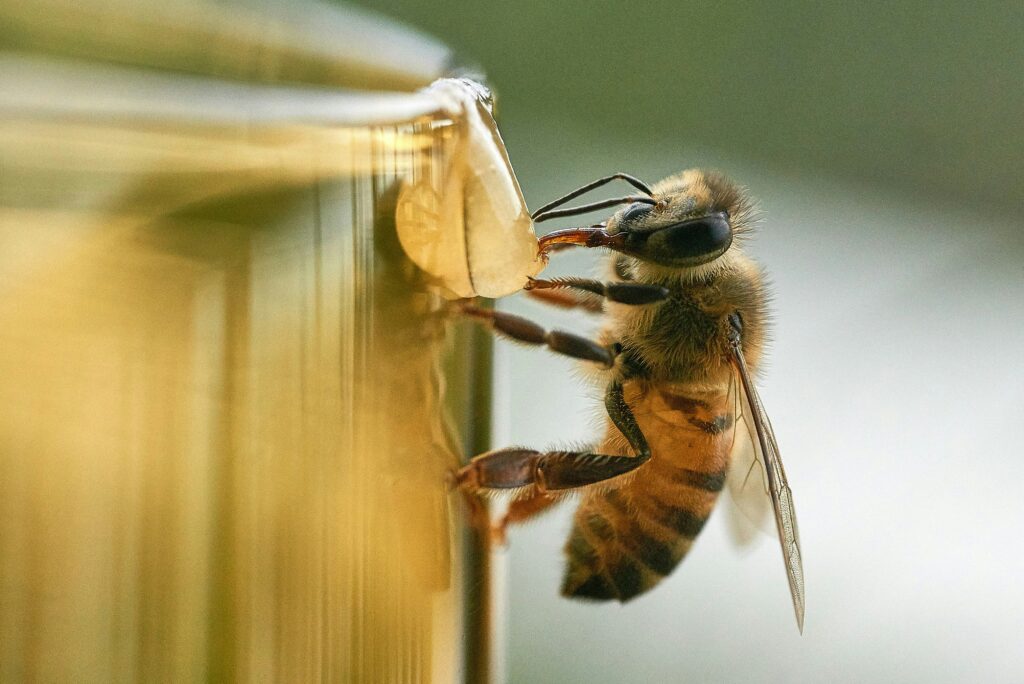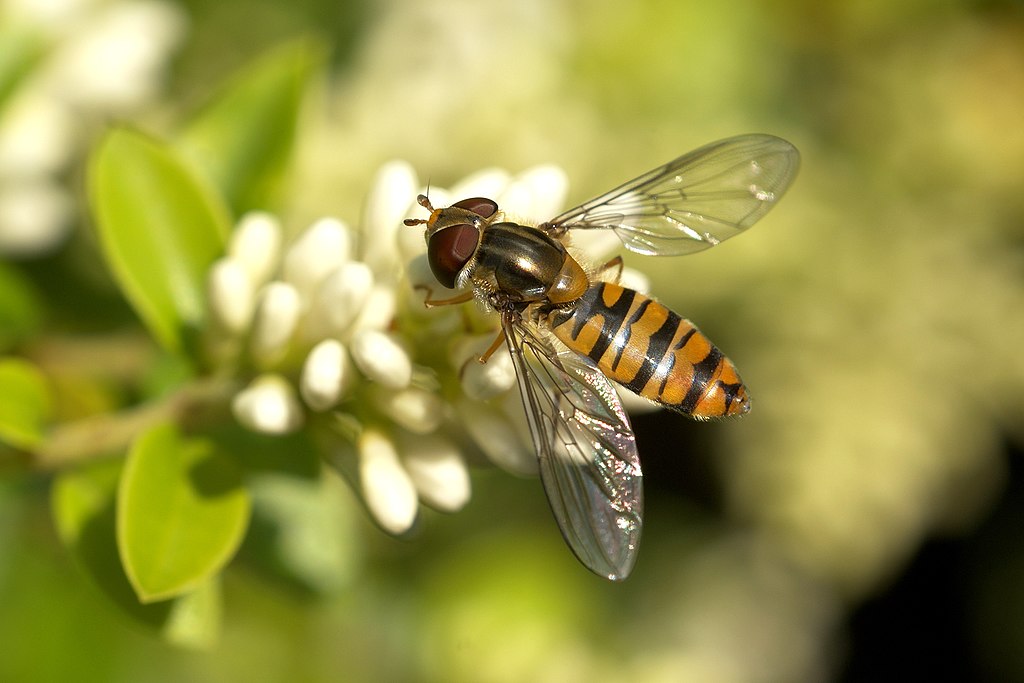Honey from the Dead The Strange Diet of Vulture Bees
Deep in the tropical rainforests of Central and South America, a remarkable group of bees has abandoned one of nature’s most fundamental rules. While their cousins busily collect nectar and pollen from flowers, these extraordinary insects have developed an appetite for something far more macabre. Meet the vulture bees, nature’s most unusual honey makers, who ...

